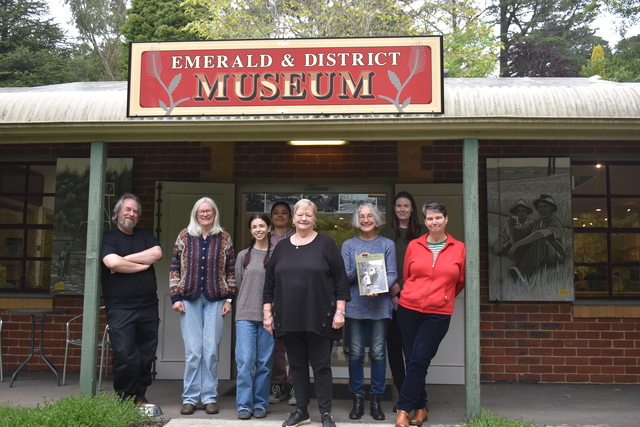By Casey Neill
A FERNTREE Gully grandmother dying from mesothelioma suffered unnecessary stress because CSR delayed her asbestos compensation claim, her lawyer has said.
Maria McGarvie said her client’s case lasted more than six months before CSR offered a settlement the day before a Supreme Court trial was to begin.
She said the 70-year-old had to endure the “unnecessary stress” of preparing for a trial when the matter could have been settled earlier.
But CSR spokesman Martin Cole said the company resolved claims “fairly and as quickly as possible, where we have a liability”.
“In this particular case, we proceeded to settle the claim within three weeks of receiving it,” he said.
The woman, who did not want to be named, was exposed to asbestos products during the 1960s while working as an apprentice electrician for Holeproof at the mine in Wittenoom, Western Australia. Doctors diagnosed her with mesothelioma in January. Exposure to asbestos is the cancer’s most common cause and usually affects the lungs, causing shortness of breath and chest pain.
Ms McGarvie said her client was now very frail and in quite a deal of pain – “on a relatively direct path to death”.
“Had it not been for exposure, she wouldn’t be going through this,” Ms McGarvie said.
“Taking out this case gives her some compensation for what she’s had to go through.”
The woman was happy the claim was over.
“I am very glad that the matter has now been finalised, but it was difficult for me to have it dragged out for six months,” she said.
“It was frightening to face the prospect of going to court while also being ill.”
Ms McGarvie said the defendants included Holeproof, James Hardie (now Amaca) and CSR and its subsidiaries, which had owned the mine at Wittenoom and manufactured asbestos products.
She said Holeproof and James Hardie made early settlement offers but CSR and its subsidiaries prolonged the litigation process until the day before the case was to face court.
“When you have been diagnosed with an asbestos disease, time is precious and CSR knows that but we are finding CSR is dragging these cases out more and more,” the woman said.
“We don’t know if it’s a new strategy or if they are just being bloody-minded, but it’s of no benefit to asbestos sufferers.”
Ms McGarvie said compensation was more about justice and entitlement than financial benefit.
“People who get this condition know they are going to die sooner rather than later,” she said.
“They’re not really doing it so they can have an overseas trip or spend a lot of money. They know their time is limited. They’re mainly doing it for their loved ones.”
Solicitor slams asbestos stress
Digital Editions
-

Kinetic sand recall due to asbestos
Families are being urged to check their children’s craft and toy supplies, and many schools across Australia have closed today due to several sand products…





